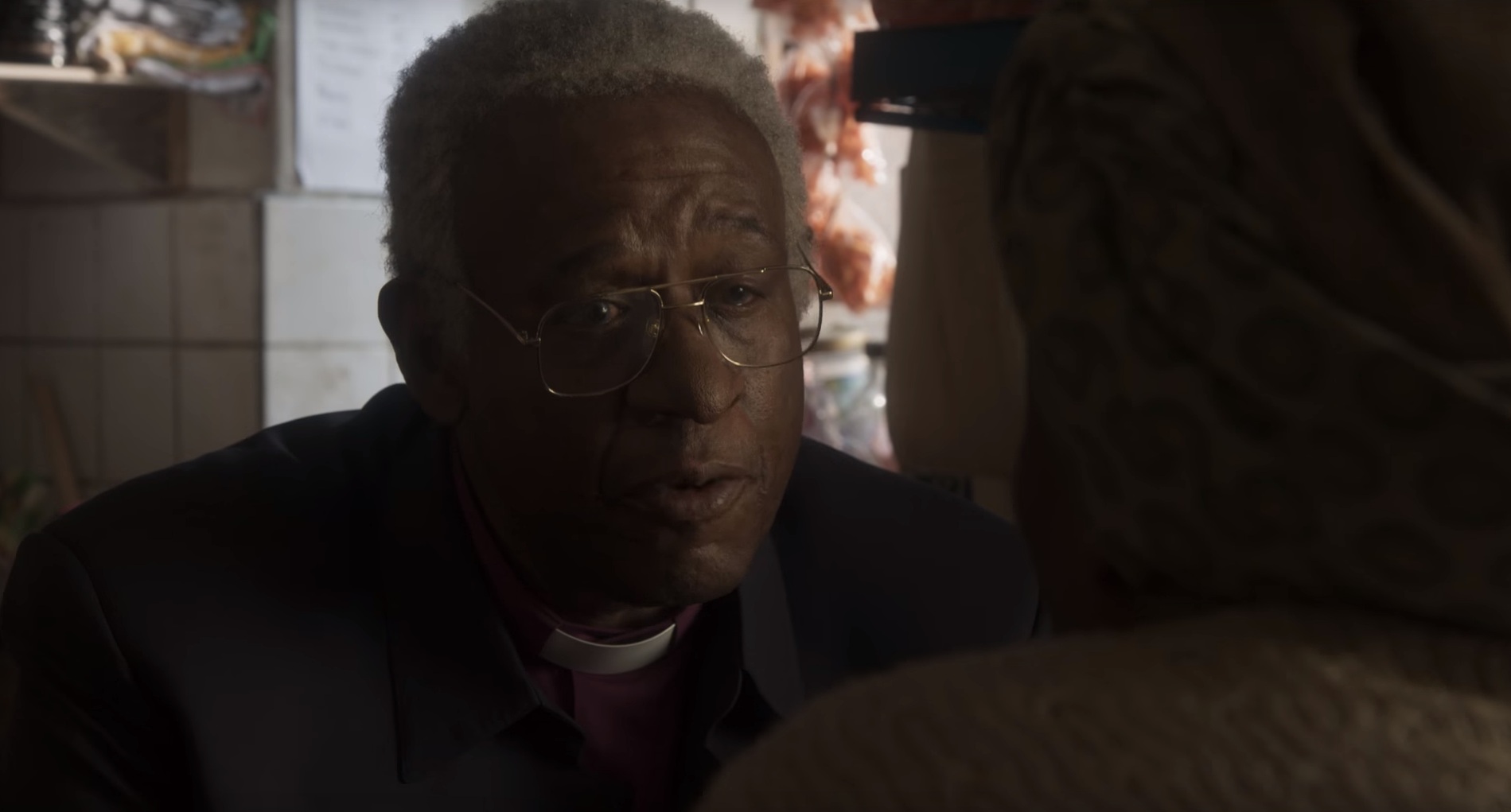
Paris: Hollywood star Forest Whitaker has played hitmen, gangsters, and bloodthirsty dictator Idi Amin.
But nothing scared him more than portraying South African Nobel peace prize laureate Archbishop Desmond Tutu in the new film "The Forgiven".
"I was very intimidated, really afraid," the legendary actor told AFP as the film opened in Europe. "I asked myself: 'Can I do this?' A number of times I thought maybe I should just withdraw.
"I wanted to (play him) but I wanted to make sure that he'd be happy with whatever I did."
But how could the towering, bear-like Whitaker be convincing as the diminutive anti-apartheid campaigner, now 87?
"My voice is very different from his, and then there's the accent — there was a lot of things that made me be concerned. All caused me great fear," said the actor who won an Oscar for his portrayal of Amin in "The Last King of Scotland".
**media[989357]**
"So all I could do was to try to portray the spirit and the soul of this man that was so important to South Africa, and in so many ways to the world."
Whitaker made a name playing Charlie Parker in Clint Eastwood's jazz biopic, "Bird", which earned him a best actor award at the Cannes film festival in 1988.
'Forgiveness is complicated'
The 57-year-old Texan, who has thrown himself into charity and conflict resolution work in Africa since playing Amin in 2006, said he has long been an admirer of Tutu, an Anglican cleric who headed South Africa's Truth and Reconciliation Commission (TRC).
The body was set up to get to the truth of murders and other crimes committed under the former whites-only government, and could provide amnesty for repenting perpetrators who revealed all they knew.
"The Forgiven", which was adapted by Roland Joffe, the maker of the "The Killing Fields" and "The Mission", turns on the way Tutu was forced to deal with people who would once happily have killed him — including a former member of a government death squad seeking clemency before the TRC.
Meeting and studying Tutu for the film was inspirational, said Whitaker, who is a peace and reconciliation ambassador for UNESCO.
"The things he had to do has even more entrenched my belief that we have to understand each other and at times forgive each other," said the actor whose charity, the Whitaker Peace & Development Initiative, works in South Sudan, Uganda, Mexico, and South Africa, as well as with gangs in the US.
"Forgiveness is a very complicated thing," Whitaker insisted.
"Sometimes you have to forgive yourself for forgiving someone for doing horrible things to your family, to yourself and your friends."
In the film, Tutu's capacity for compassion is put to the test by fictional character Piet Blomfield, played by Eric Bana.
'Africa changed my life'
"Africa has changed my life," Whitaker told AFP, after first discovering the continent when he was shooting "The Last King of Scotland" in Uganda.
"When we finished one of my colleagues asked me if I would go to an orphanage he was trying to build. I went and started to help him build dormitories and meet the first child soldiers that I got to know. And that was a kind of a spark," said the actor and activist.
The Hope North boarding school in the north of the country, which he still supports, gives vocational training to former child soldiers.
"I had been involved with some form of conflict resolution with gang members back in Los Angeles," Whitaker recounted.
"When I got to Africa I saw inside the eyes of the child soldiers the same look I saw in the gang members."
So he asked himself: "What could I offer to bring about some sort of solution?"
The answer was to combine "conflict resolution with training for computer technology, life and leadership skills, and social entrepreneurship."
As for Tutu, known for his easy laugh, Whitaker's fears were unwarranted.
"He loved the film, which was a great relief for me. He had joked with me before we made it about how we were going to do his nose," a favourite with cartoonists.
"We decided not to do very much. We used a fake one," said the actor, who has also played recent blockbusters such as "Black Panther" and "Rogue One: A Star Wars Story."